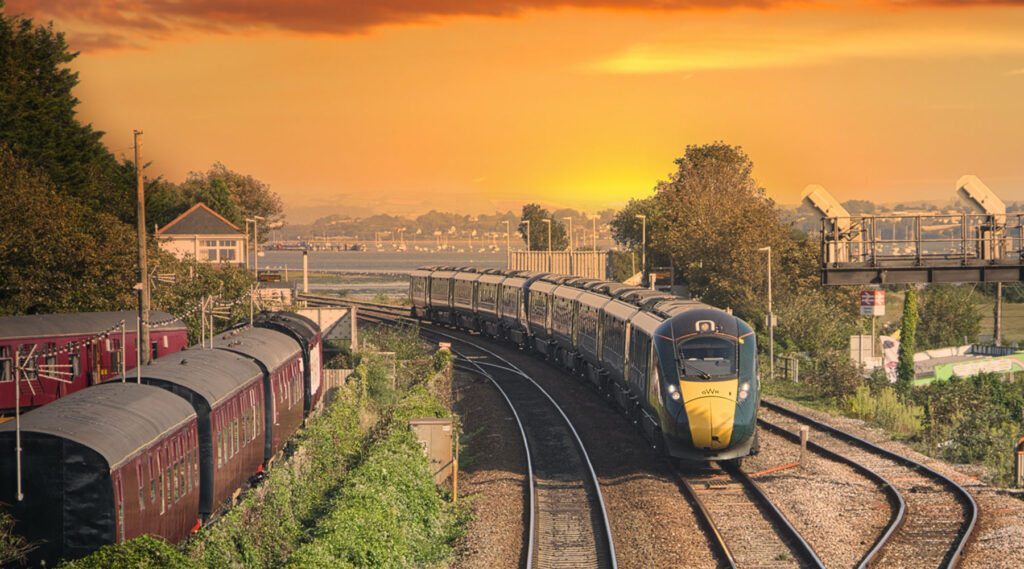The government has announced that regulated national rail fares will rise by 5.9% from March 2023, below the rate of inflation that is usually used to calculate the fares rise each year.
Annual fare rises are usually based on the inflation rate the July before they go up, and in July 2022, the retail price index (RPI) stood at 12.3%. A fares rise of 5.9% in 2023 is 6.4 percentage points below July 2022’s RPI, and is being aligned with average earnings growth rather than the cost of living rise.
In addition, the fares rise is being delayed to March 2023 rather than kicking in from January 2023.
Although the Department for Transport says that the 5.9% figure was chosen to match earnings, it does coincidentally happen to be just under the previous highest ever post-privatisation rise in fares, of 6.2% in 2013.
Avoiding awkward headlines about train fares facing their highest ever rise in 2023.
It’s worth noting that the 5.9% rise doesn’t apply to all regulated fares equally, as the train companies can raise some fares by more than that limit, so long as the average across all regulated ticket sales doesn’t exceed 5.9%. Train companies have traditionally used that leeway to increase fares by less on some journeys and more on others to even out demand, such as during rush hour services.
Transport Secretary Mark Harper said: “This is the biggest ever government intervention in rail fares. I’m capping the rise well below inflation to help reduce the impact on passengers.”
“It has been a difficult year and the impact of inflation is being felt across the UK economy. We do not want to add to the problem.”
However, this applies only to regulated fares, leaving the train companies free to set whatever they like for the unregulated fares.
Regulated fares include season tickets on most commuter journeys, some off-peak return tickets on long distance journeys, and anytime tickets around major cities. Other fares, including first class and advance tickets, are not regulated by the price cap.
The sting in the story is that a below inflation rate rise in regulated fares means that the rail companies will be generating less income on a like-for-like basis. Unless they also cut costs or increase passenger numbers, then they will need to make up the shortfall from the unregulated fares — and that’s mainly off-peak travel.
With off-peak travel having recovered, and at times, surpassed pre-pandemic levels, there’s a likelihood that far more people will be paying fares that will have to rise by more than inflation.
Around 45% of rail fares are regulated, leaving the rest to rise as the train companies need to make up the shortfall imposed by the government.
Responding to the Department for Transport rail fares rise announcement, David Sidebottom, director at Transport Focus, said: “No one likes prices going up. In our latest research, less than half of passengers think the railway currently performs well on delivering value for money tickets.”
“After months of unreliable services and strike disruption, it’s clear that too many passengers are not getting a value for money service. Capping fares below inflation and the delay until March is welcome and will go some way to easing the pain, but the need for reform of fares and ticketing in the longer-term must not be forgotten.”
Transport for London (TfL) will also find itself in a bind, as it is required to raise its average fares by RPI+1%, and now faces a situation where its share of national rail ticket sales will be less than half that figure. So the rise in TFL-only fares, such as buses, trams and tubes may have to rise by even higher amounts to meet the government funding agreement.







